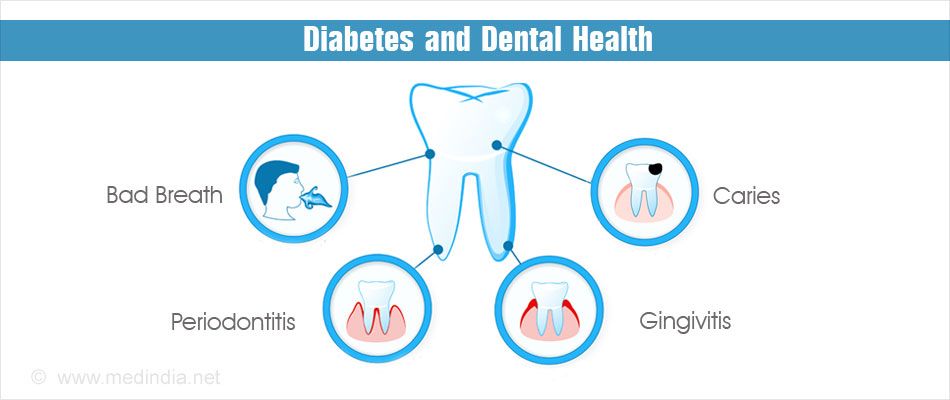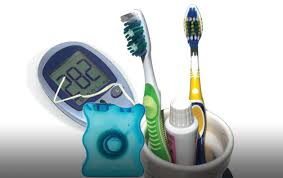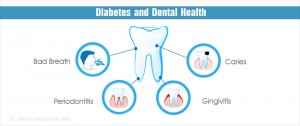
November is National Diabetes Month
November is National Diabetes Month. What does that mean for dental health?
People who have been diagnosed with diabetes, both Type 1 & Type 2 diabetes, are at risk for increased dental health issues. This is due to the fact that circulation can pose a problem with those who are diagnosed. Diabetics are at increased risk of periodontal, or gum disease, due to this. Often, diabetics will notice a dry mouth, or increased thirst, often an early warning sign of the disease.
Why Are Diabetics At Greater Risk of Dental Issues?
When diabetes is not controlled, high glucose levels in your saliva help harmful bacteria grow. These bacteria combine with food to form a soft, sticky film called plaque. Plaque also comes from eating foods that contain sugars or starches. Some types of plaque cause tooth decay or cavities. Other types of plaque cause gum disease and bad breath.

Gum disease can be more severe and take longer to heal if you have diabetes. In turn, having gum disease can make your blood glucose hard to control.
What are the most common mouth problems from diabetes?
The following chart shows the most common mouth problems from diabetes, and is taken from the National Institute Of Health.
| Problem | What It Is | Symptoms | Treatment |
|---|---|---|---|
| gingivitis |
|
|
|
| periodontitis |
|
|
|
| thrush, called candidiasis |
|
|
|
| dry mouth, called xerostomia |
|
|
|
| oral burning |
|
|
|
If You’re a Diabetic, What Should You Do To Maintain Dental Health?
The following is a list of advice for both Type 1 and Type 2 diabetics. While they are vastly different diseases, their impact on oral health are the same.
- Visit us at Altman Dental for an oral hygiene check and cleaning 3-4x’s a year, depending on your gum health
- Floss and brush regularly, preferably after each meal, but definitely 2x’s per day. Use fluoridated toothpaste.
- Decrease intake of sugary and refined foods, and keep close watch of your blood glucose levels
- Maintain a healthy weight, and exercise regularly
What Foods Should I Be Eating?
Whole, plant-based foods are the best foods to consume. Diets rich in fiber from sources like vegetables (as many as you can eat!), fruits, beans, and whole grains have been shown to moderate blood sugars. Diets based in plant-based foods, have been shown to reverse Type 2 diabetes. It’s not the carbohydrate you need to fear, but the simple, refined carbohydrates, stripped of their nutrition. Foods like bread, white sugars, foods made with white flours and white rice (processed foods) are foods that have had their fiber stripped, and are often combined with fats. Additionally, foods high in saturated fats also lead to insulin sensitivity. Fiber is helps you to moderate your blood sugar levels, and a low-fat, whole food diet, helps your body to get glucose out of the blood stream. For more information on how fiber and saturated fats play a part, we encourage you to visit the Physicians Committee for Responsible Medicine, as well as check out our Pintrest page for more videos and articles.
The following is a great video from Nutrition Facts on how plant-based diets can reverse Type 2 diabetes.
As always, we are committed to helping you live a healthier life! Please give us a call at 8318018 if we can do anything to help, or visit our website Garden Fresh Foodie for healthy recipes!


